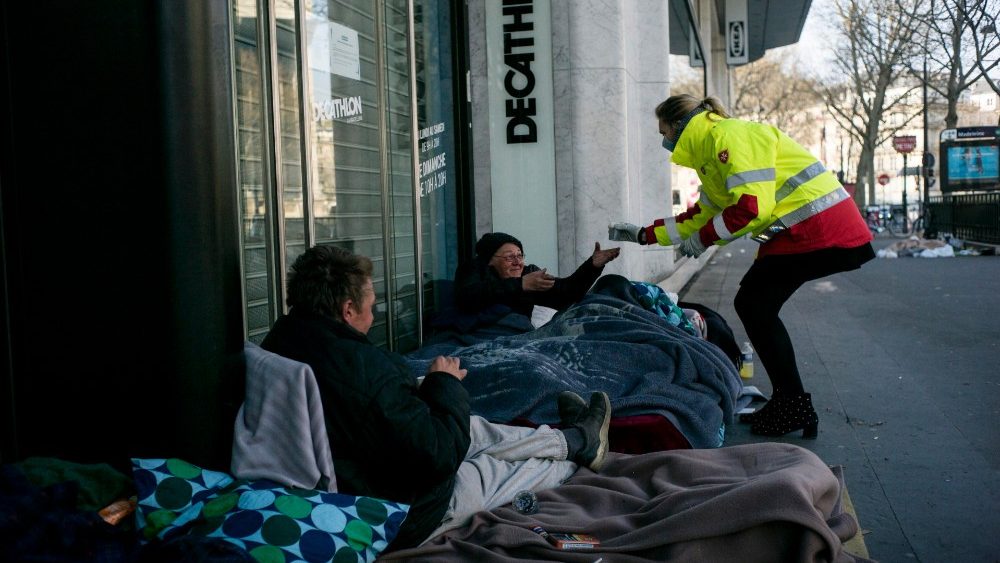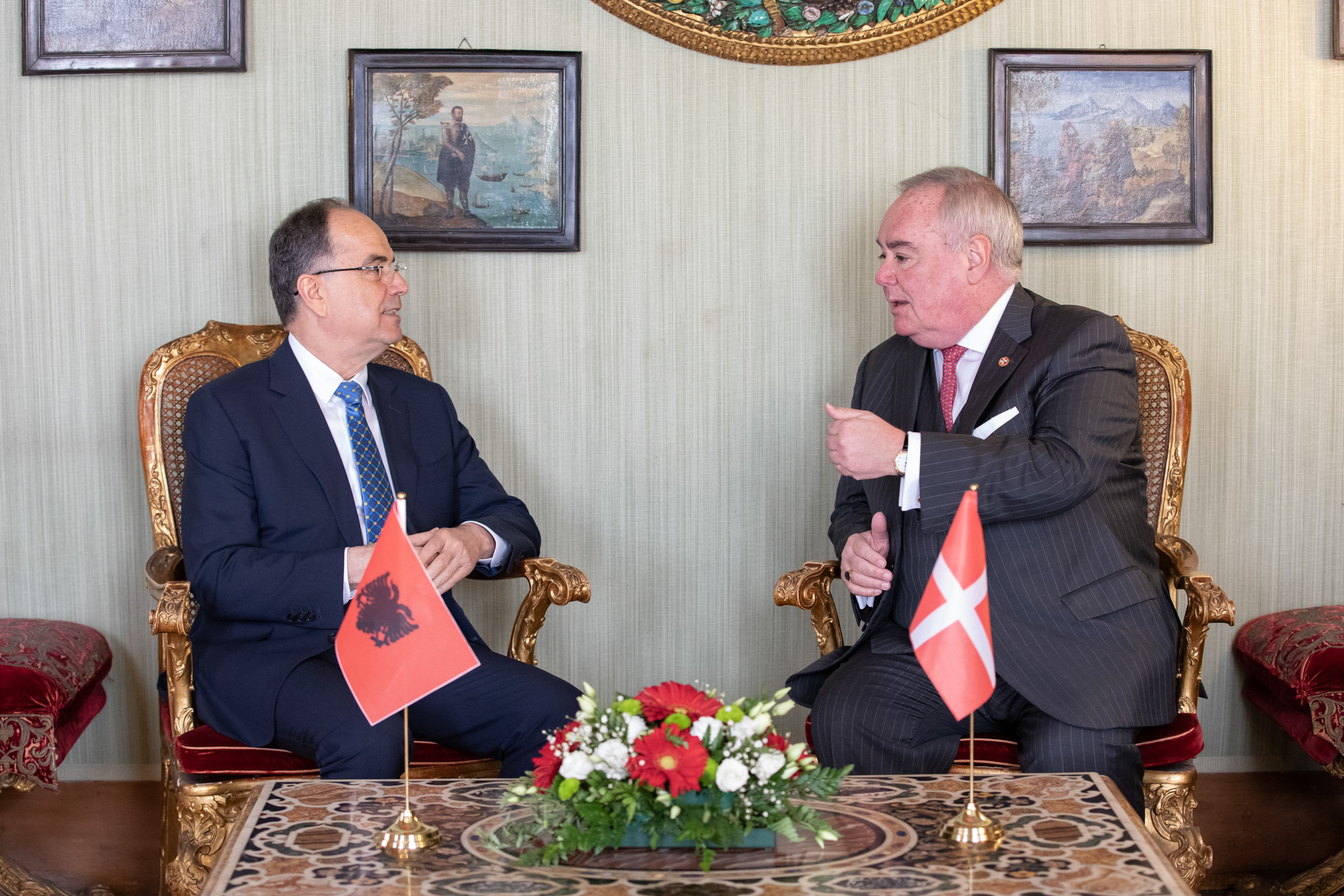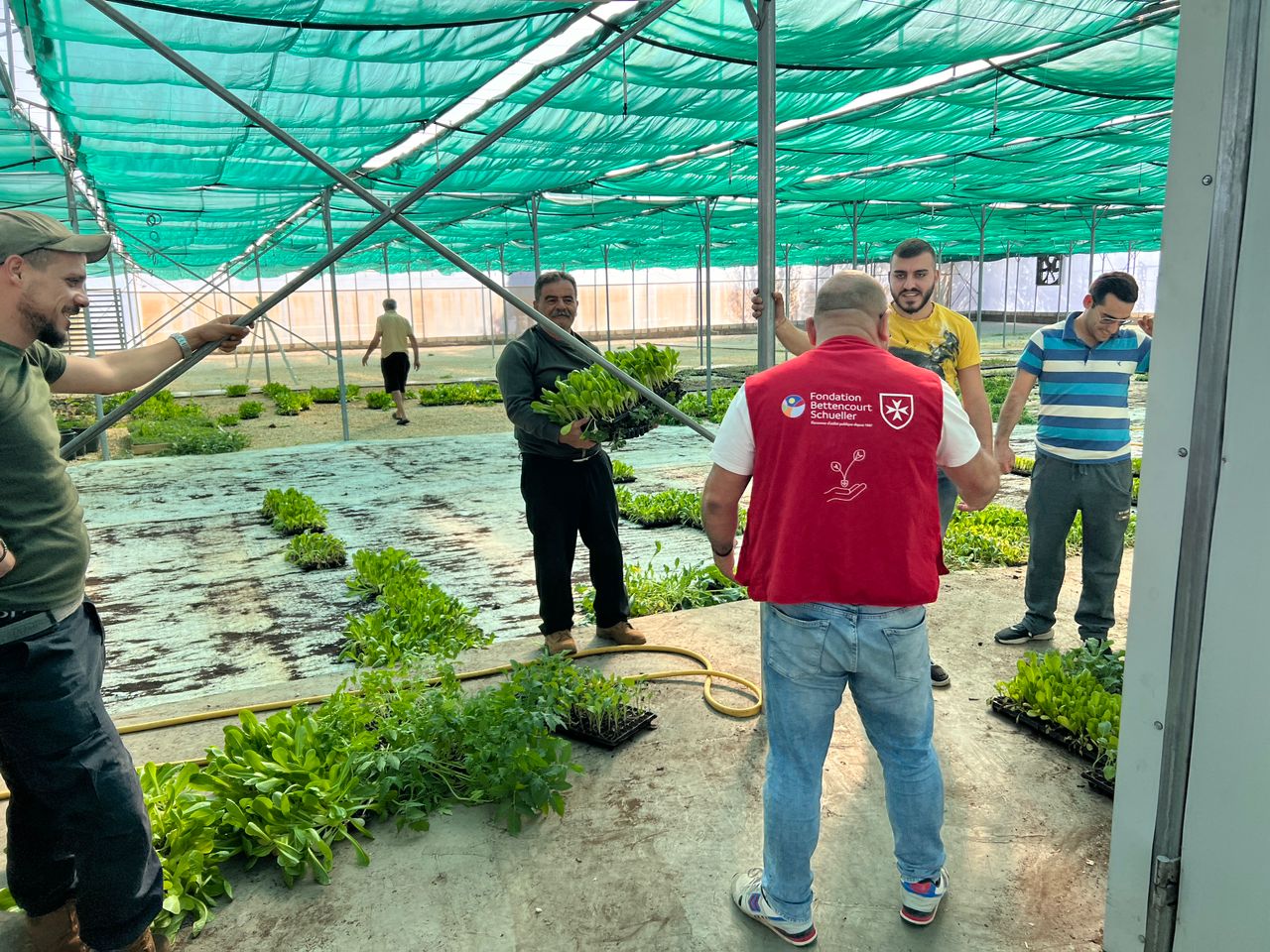Present on all continents, the Order of Malta has stepped up its efforts in the social-healthcare sector to tackle the Covid-19 pandemic. As the Grand Hospitaller, head of the Order of Malta’s humanitarian projects, explains in an interview given to Radio Vaticana, its volunteers and medical staff are doubling their efforts to support national health services in affected countries, as well as upscaling assistance for the elderly, the homeless and the economically disadvantaged, facing serious difficulties in this historic period.
The Sovereign Order of Malta, with its doctors and volunteers, is intensifying its support in the countries most affected by coronavirus, with particular concern for Africa and Middle East countries
With its thousand-year hospitaller tradition, the Sovereign Order of Malta is fully involved in tackling the Covid-19 emergency. In Lombardy, the hardest-hit Italian region, it is helping to set up the new hospital in the Fiera di Milano area for coronavirus patients, with 200 mostly intensive care beds. The Order is also donating 260 ventilators.
From Europe to Africa, the Order ensures its staff are protected
The Order’s action in Europe stretches from Italy to Germany, from Slovenia to France and Hungary. “The most important challenge,” explains Grand Hospitaller Dominique de La Rochefoucauld Montbel, “is to ensure the Order of Malta continues to help people alone and isolated at home, in hospital, in care homes or in specialized facilities.” The first concern is therefore to guarantee that the Order’s doctors and volunteers have all the protective equipment they need. The SMOM is present in 120 countries, including some in Africa where Covid-19 represents a terrible threat. A few days ago, the WHO raised the alarm about this continent, where healthcare facilities are lacking if not actually inexistent. “In Africa,” continues de La Rochefoucauld, “wherever the Order operates, whether in the hospitals or in the main clinics, the same measures are being adopted as those used during the Ebola epidemic.” To be able to continue its programmes it is essential to protect volunteers and medical professionals, “what is important,” adds the Grand Hospitaller, “is to act in respect of national arrangements for combating this scourge under the best conditions.”
In the Middle East assistance continues in refugee camps
Attention remains high in the Middle East, an area with precarious medical and social conditions, where the Order of Malta has activated a series of monitoring services. Since the area was declared a red zone on 5th March, some 150 babies have been born in the Order of Malta’s Holy Family Hospital in Bethlehem, the only facility in the region with a neonatal intensive care unit. One of the hospital’s operating theatres has also been turned into an isolation ward for infected patients, but the shutdown of the region makes it impossible to move premature babies or those needing surgery. There is then the assistance in the camps for refugees and people displaced by the war, such as those housing Syrian civilians in Lebanon. “This situation,” continues de La Rochefoucauld, “makes everything more complicated. We have suitably equipped our staff so they can continue their reception, accompaniment and integration tasks. In the Middle East, although the situation is aggravated by the lack of materials, we continue our work, especially helping people who need hospitalization”.










